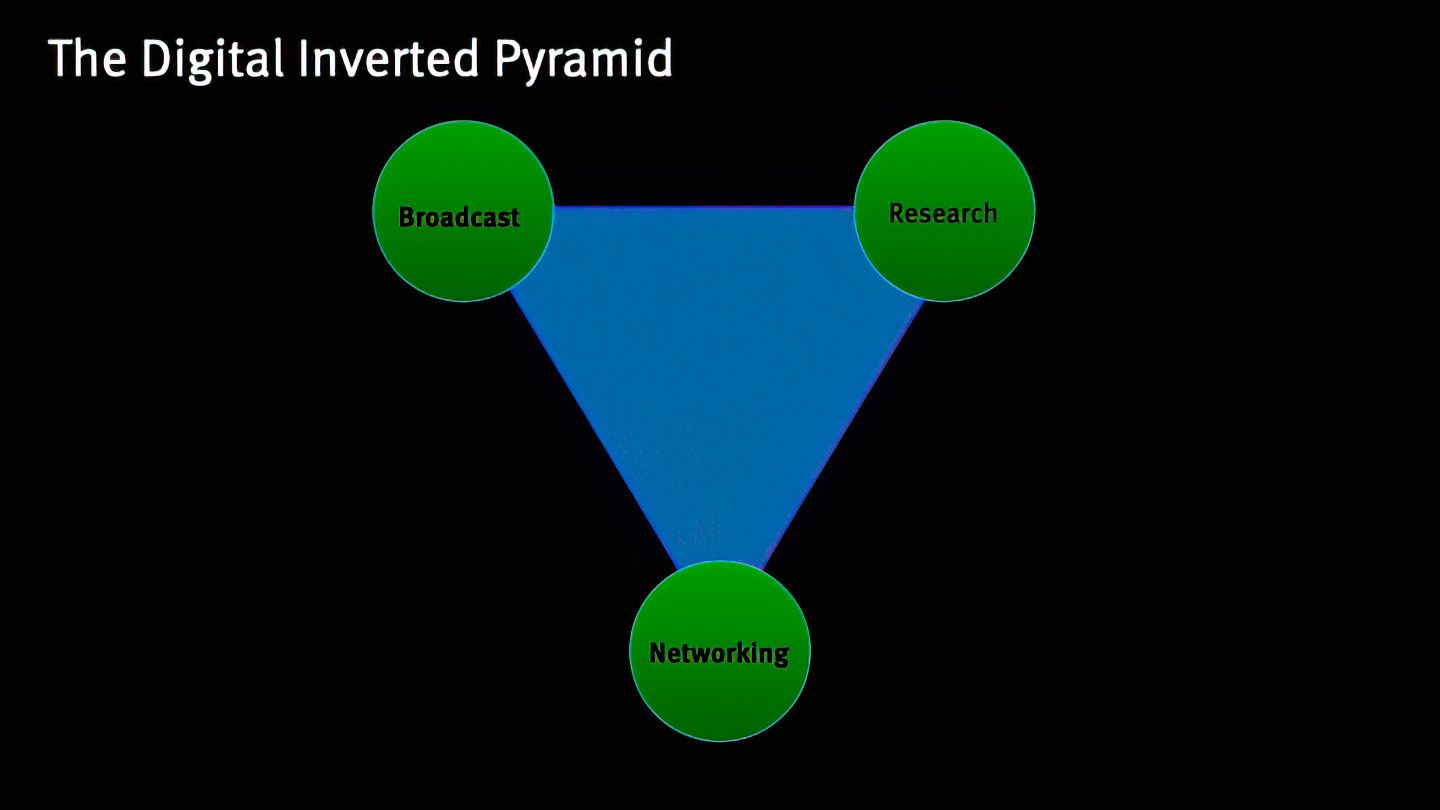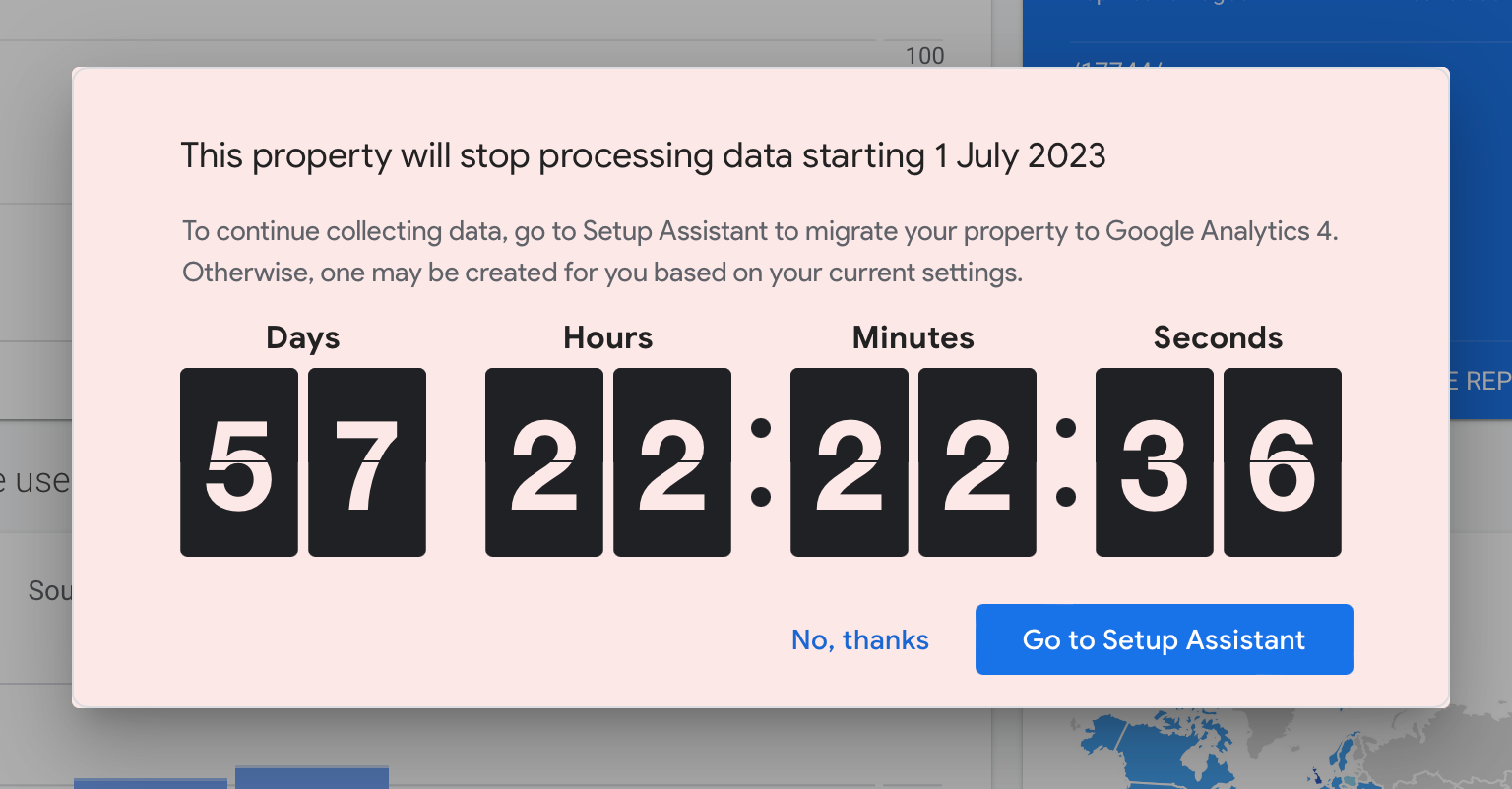Don’t write off social journalism yet
Buzzfeed News and Vice crashing and burning has led to another wave of doomsaying about the future of journalism and social media. Let’s get some nuance back in the discussion…

Is social journalism dead?
Here, Betteridge’s Law applies. Of course it isn’t. But this is the question Mathew Ingram asked in his latest piece for CJR, and so I was forced to tease him about it on Mastodon.
Of course, our dispute largely falls on how you define “social journalism”. I agree with the broad thrust of his argument, which is well worth reading in its entirety.
Go and have a read. I’ll be waiting for you here when you get back.
…
Good, wasn’t it?
In particular, I agree with this chunk of it (Long quote coming. Buckle up.):
Does the death of BuzzFeed News really mean the end of socially powered journalism as a whole? It unquestionably suggests that roping a newsroom’s fortunes to a massive platform—one that has made it clear that it fundamentally doesn’t care about journalism—was, and remains, a mistake. And, as Finnegan points out, it is an indictment of the “anything for clicks” mentality that BuzzFeed sometimes epitomized. That doesn’t mean that news and journalism shouldn’t be shared on social media. But it does mean that shareability shouldn’t be the entirety, or even the centerpiece, of one’s business strategy for news.
I very much concur with Mathew here: just using social to drive traffic is a fool’s game. You should never tie your publication’s success to a single acquisition source, be it search, social — or something else entirely.
But that doesn’t mean that social media is of less importance to journalism. As long as people use social, there’s value for us in being there. I’ve been teaching social media to journalism students for over a decade now, and been working with journalists on it for something like 16 years. And I’ve always used a variation of this framework to teach it:

Most social media use in journalism falls into one of those three categories:
- Broadcast — promoting your stories to readers
- Research — finding stories through a mix of social listening and active research, coupled with verification skills
- Networking — building relationships with sources and readers via social. The 21st century version of working the beat.
Too many organisations focus on broadcast to the exclusion of the other two. In many ways, the networking element is the most important because the better you are at that, the more effective you tend to be at the other two.
As I wrote a few months back, social media will never be over. People will always find ways to use digital platforms to socialise, build communities — and establish status. It’s just that the platforms we use will change over time.
Bluesky behind the velvet rope
Talking of platforms changing over time, Charles Arthur has a great post on his Substack today about the “velvet rope” approach Bluesky is using:
Putting the velvet rope across the entrance to the internet’s latest Studio 54 has always been a clever ploy, for those two reasons: people become much more eager to join, and the service’s operator has time both to see how long the queue is and thus determine how much server capacity is needed. It also affords time to figure out what new features you should offer once you do open things up, and in what order. (You thought that social networks just made this stuff up? It’s called a business plan. People create them to run years into the future.)
But, as he points out just as I did, Clubhouse used this exact same tactic, and it’s not a “must target” platform for most audience teams now.
The Bad TikTok Chronicles
Watch gay videos? TikTok puts you on a list:
TikTok doesn’t ask users to disclose their sexual orientation, but it cataloged videos users watched under topics such as LGBT, short for lesbian, gay, bisexual and transgender, the former employees said. The collection of information, which could be viewed by some employees through a dashboard, included a set of affiliated users who watched those videos, and their ID numbers, they said.
TikTok can’t track you because you’re a security-savvy journalist? They’ll track your cat instead:
TikTok has confirmed members of its internal audit department looked at the location of Cristina's IP address - the unique number of a device - and compared it with the IP data of an unknown number of their own staff, to try to establish who was secretly meeting with the press. They "misused their authority" to do this and were acting unauthorised.
She’d been reporting on disaffected TikTok employees, and the account in question was on her personal phone — and in the name of her cat, with no reference to her or her occupation.
Oh, and it pulled down some of Charlotte’s videos:
While I generally try to keep things light on TikTok, I made a couple of videos that mention Evan Gershkovich, the Wall Street Journal reporter being held in prison in Russia. One video was specifically about him. Another video, about World Press Freedom Day, mentioned his name in passing. Both were instantly removed for “Violating Community Guidelines.”
Use TikTok if your audience is there. But never trust it, and always pay attention to how you’re going to convert that TikTok audience into something more loyal…
Escaping Google Analytics
If you use Google Analytics, you’ve probably seen this recently:

The current version of Google Analytics stops collecting data as of July, and everyone will have to migrate to GA4. The problem is that the new version is very much targeted at marketers and e-commerce folks, and not at editorial publishers. And that means some very basic editorial analytics tasks are really hard to do in the new version. Oh, and it only keeps data for so long, making long-term research on readership trends hard.
There’s two very simple, privacy-focused analytics packages on the market called Fathom and Plausible. Plausible’s had a GA importer for a little while now, and Fathom’s just joined it.
Here’s a video explaining how it works:
Interested? Here’s more about Fathom.
Quickies
- 🤑 Rich people against generative AI — Big publishers like the idea of using AI, but don’t like the idea of AI using their content… 🤔
- 🎙️ Some interesting thoughts about podcasting strategy and analytics from Acast — but excuse me if I roll my eyes at them describing experiments in the late 2010s as “early”. No, 2006 was early, my friends.
- 💰 Addressing the arguments against micropayments for journalism — it occurs to me that the one platform that could pull this off is Substack. More than once there’s been individual pieces I’ve wanted to read there, but I wasn’t really interested in paying for a subscription to that writer.
- 🐘 Mastodon is starting to fix some of its usability issues. Great. Driven by competition by Bluesky perhaps?
- 💬 Discord is a terrible replacement for support forums. Tru dat.





